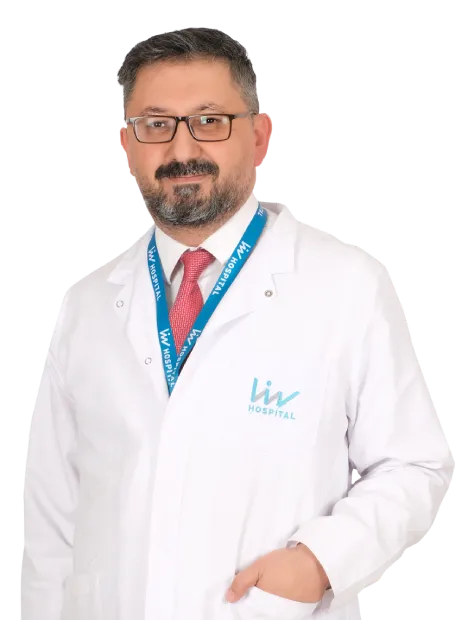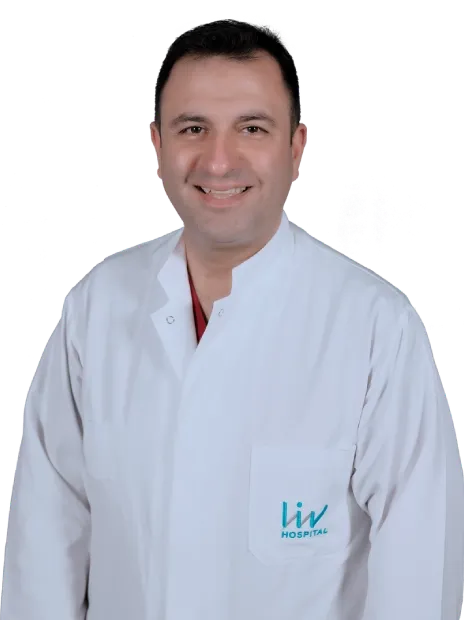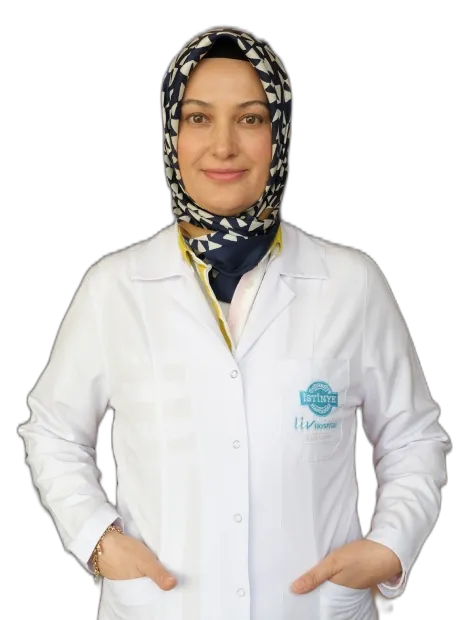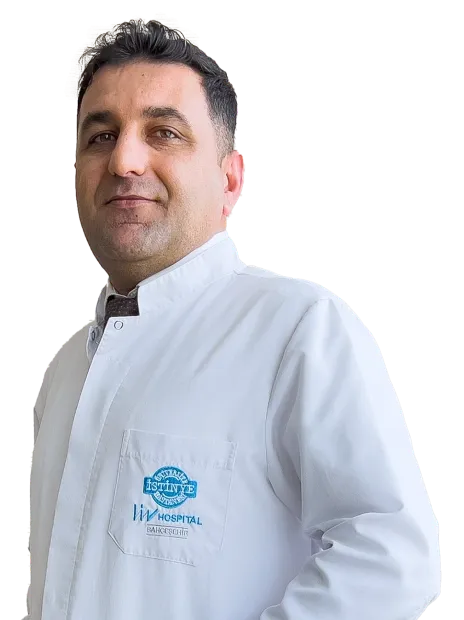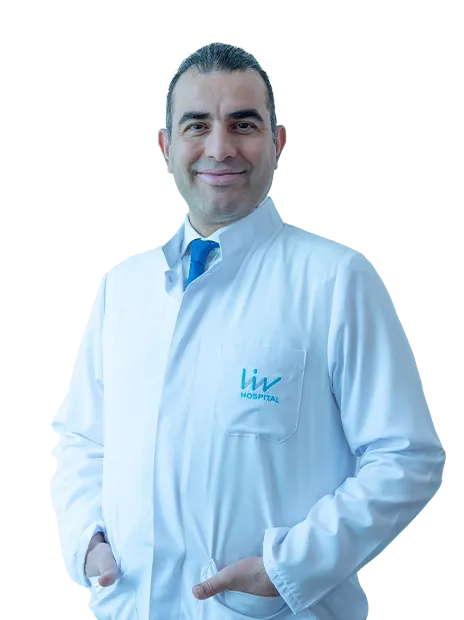
Understanding the role of a specialist in digestive health is key. A gastroenterologist, also known as a GI doctor, is a doctor who deals with digestive system disorders. They diagnose and treat these issues.
Many ask, “What is a gastroenterologist?” These are doctors who have studied hard for 5 to 6 years after medical school. They know a lot about the digestive system and the liver. They help with everything from simple digestive problems to serious liver diseases.
Key Takeaways
- A gastroenterologist and a GI doctor are the same, specializing in digestive system disorders.
- These specialists have extensive training, with 5 to 6 years of education after medical school.
- Their expertise includes the diagnosis and treatment of gastrointestinal tract and liver issues.
- Seeking a gastroenterologist is key to accurate diagnosis and effective treatment of digestive diseases.
- Expert care in gastroenterology is vital for long-term health and managing digestive conditions.
The Terminology: Understanding GI and Gastroenterologist

It’s important to know what “GI doctor” and “gastroenterologist” mean. Gastroenterology is a part of medicine that deals with the digestive system. The term “gastrointestinal” covers all organs involved in digestion, from food intake to waste removal.
What does “GI doctor” mean?
A GI doctor specializes in the digestive system’s health. They handle issues with the esophagus, stomach, small and large intestines, liver, gallbladder, and pancreas. Their job is to diagnose, treat, and manage these problems.
Definition of a gastroenterologist
A gastroenterologist is the same as a GI doctor. The name comes from Greek words for stomach, intestine, and study. So, they study and treat the stomach, intestines, and related organs.
Why are these terms used interchangeably?
“GI doctor” and “gastroenterologist” mean the same thing. They both deal with digestive system disorders. The use of “GI doctor” is simpler and more common in everyday talk.
Organs and systems treated by these specialists
Gastroenterologists treat many digestive issues. These include:
- Esophagus: Problems like esophagitis, Barrett’s esophagus, and esophageal cancer.
- Stomach: Issues like gastritis, ulcers, and stomach cancer.
- Small and large intestines: Issues like irritable bowel syndrome (IBS), inflammatory bowel disease (IBD), Crohn’s disease, and colorectal cancer.
- Liver: Problems like hepatitis, cirrhosis, and liver cancer.
- Gallbladder: Issues with gallstones and cholecystitis.
- Pancreas: Pancreatitis and pancreatic cancer.
Knowing what GI doctors and gastroenterologists do helps patients make better choices for their digestive health.
Becoming a GI Doctor: Education and Training Path
Starting your journey to become a gastroenterologist is a big step. It takes a lot of education and training. This path is long, filled with years of studying and practicing.
Medical School Foundation
First, you need to finish four years of medical school. Here, you learn a lot about health and diseases. This is the start of your journey to specialize in gastroenterology.
Medical school mixes classroom learning with hands-on practice. This gives you a solid base for your future.
Internal Medicine Residency
After medical school, you enter a three-year internal medicine residency. This is where you get real-world experience. You see many medical cases and improve your skills.
You work with experienced doctors. They help you learn how to diagnose and treat different health problems.
Specialized Gastroenterology Fellowship
Next, you do a three-year gastroenterology fellowship. This is focused on the gut and liver. It prepares you to be an expert in these areas.
Board Certification Requirements
To be a certified gastroenterologist, you need to pass a board exam. This test checks your knowledge and skills. Getting certified shows you meet high professional standards.
In short, becoming a GI doctor is a big commitment. It involves many years of education and training. Each step is important for preparing you to help patients with gut and liver issues.
5 Common Conditions Treated by Gastroenterologists

Gastroenterologists are doctors who deal with the digestive system. They help with many diseases that affect the stomach and intestines. These diseases are common worldwide.
Gastroesophageal Reflux Disease (GERD)
GERD is when stomach acid goes back up into the esophagus. This causes heartburn and discomfort. GERD is common and can cause serious problems if not treated. Doctors suggest lifestyle changes, medicines, and sometimes surgery.
Inflammatory Bowel Disease
Inflammatory bowel disease (IBD) includes Crohn’s disease and ulcerative colitis. These diseases cause inflammation in the digestive tract. IBD affects about 3 million adults in the U.S. It can really lower your quality of life. Doctors use medicines, lifestyle changes, and sometimes surgery to help.
Liver Disorders and Diseases
Liver problems, like hepatitis and cirrhosis, damage the liver. This can happen from infections, alcohol, or other reasons. Gastrointestinal diseases, including liver issues, need quick diagnosis and treatment to stop them from getting worse.
Colorectal Cancer
Colorectal cancer is a big health issue, being the second leading cause of cancer deaths. Early detection through screenings like colonoscopy is key. As gastroenterologists, we are important in preventing and treating this cancer.
These conditions show how vital gastroenterology care is. If you have symptoms or worries about your digestive health, seeing a GI doctor or an enterologist is a good idea. They can offer the right advice and treatment.
Diagnostic and Therapeutic Procedures Performed by GI Doctors
Gastroenterologists use many diagnostic and therapeutic procedures to manage GI conditions. These steps are key to diagnosing and treating GI disorders. They ensure patients get the right care for their conditions.
1. Upper Endoscopy: Examining the Upper Digestive Tract
An upper endoscopy lets gastroenterologists see the upper digestive tract. This includes the esophagus, stomach, and the start of the small intestine (duodenum). It’s important for finding issues like gastroesophageal reflux disease (GERD), ulcers, and inflammation.
2. Colonoscopy: Screening and Prevention
Colonoscopy helps gastroenterologists check the colon and rectum for polyps, cancer, and other issues. It’s done over 15 million times a year. It’s a key tool for catching and preventing colorectal cancer early.
“Colonoscopy is a powerful tool in the prevention of colorectal cancer, allowing for the removal of precancerous polyps before they become malignant,” says a leading gastroenterologist.
3. ERCP: Treating Bile and Pancreatic Duct Issues
Endoscopic Retrograde Cholangiopancreatography (ERCP) is used to diagnose and treat bile and pancreatic duct problems. This includes blockages, narrowing, and leaks. It’s a complex procedure used for treating conditions like pancreatitis and bile duct stones.
4. Liver Biopsies and Specialized Testing
Liver biopsies take a sample of liver tissue for examination. They help diagnose and monitor liver diseases like hepatitis, cirrhosis, and liver cancer. Gastroenterologists also use special tests to check liver function and find liver disorders.
We know these procedures can make patients anxious. But thanks to medical technology and gastroenterologists’ skills, they are safer and more effective than before.
Conclusion: When You Should See a Gastroenterologist
If you’re dealing with ongoing digestive problems and your regular doctor can’t help, it’s time to see a gastroenterologist. These doctors specialize in the digestive system. They can help with many issues related to it.
Knowing about gastroenterology and the role of a gastroenterologist is key. They can handle a lot of digestive problems. This includes common issues like acid reflux and more serious conditions like inflammatory bowel disease.
Seeing a GI specialist means you get care that fits your needs. If your symptoms are impacting your life, don’t wait. Reach out to a gastroenterologist for help.
FAQ
What is a GI doctor?
A GI doctor, or gastroenterologist, is a doctor who deals with the digestive system. This includes the esophagus, stomach, intestines, liver, gallbladder, and pancreas. They diagnose and treat diseases related to these areas.
What does a gastroenterologist do?
A gastroenterologist treats conditions like GERD and inflammatory bowel disease. They also handle liver disorders and colorectal cancer. They use procedures like upper endoscopy and colonoscopy to manage these conditions.
What is the difference between a GI doctor and a gastroenterologist?
There is no difference. Both terms refer to a doctor who specializes in the digestive system.
How do I know if I need to see a gastroenterologist?
See a gastroenterologist if you have ongoing digestive issues. This includes stomach pain, trouble swallowing, or changes in bowel habits. Also, if you have a serious gastrointestinal condition, you should consult one.
What kind of education and training does a gastroenterologist have?
A gastroenterologist goes to medical school for four years. Then, they do three years of internal medicine residency. After that, they spend three or more years in gastroenterology fellowship training. They become board-certified after completing all this.
What is a gastrointestinal specialist?
A gastrointestinal specialist, or gastroenterologist, is a doctor with advanced training. They focus on diagnosing and treating digestive system disorders.
What procedures do gastroenterologists perform?
Gastroenterologists perform many procedures. These include upper endoscopy, colonoscopy, ERCP, and liver biopsies. They use these to diagnose and treat digestive conditions.
Can a gastroenterologist treat liver diseases?
Yes, gastroenterologists can handle liver diseases. They diagnose and manage conditions like hepatitis, cirrhosis, and liver cancer.
How often should I have a colonoscopy?
The need for colonoscopy screenings varies. It depends on your risk factors and medical history. Generally, adults over 45 should get screened regularly. The exact frequency is decided by your healthcare provider.
Reference
- American Cancer Society. (2023). Colorectal Cancer Facts & Figures. Retrieved fromhttps://www.cancer.org/research/cancer-facts-statistics/colorectal-cancer-facts-figures.html




